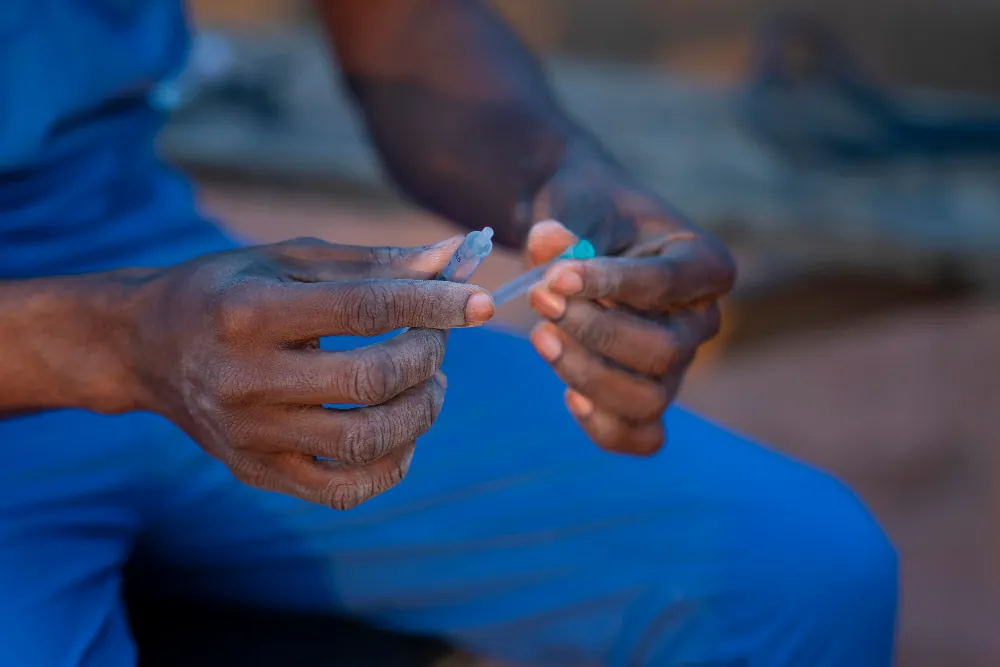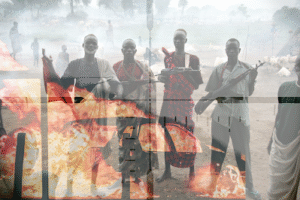In my years working in development, I’ve seen firsthand how fragile progress can be. We build systems, craft strategies, and work toward ambitious goals like the Sustainable Development Goals (SDGs), but all of this is predicated on a foundation of peace and stability. The tragic situation in Sudan is a stark reminder of what happens when that foundation crumbles. The nation’s worst cholera outbreak in years, fueled by a brutal civil war and compounded by a staggering cut in humanitarian aid, is a catastrophic failure that exposes the limits of our collective efforts and the urgent need for a more integrated approach.
The cholera epidemic is not a random occurrence; it is a textbook case of a preventable disaster exacerbated by conflict. The disease thrives in conditions of poor sanitation, mass displacement and a decimated health infrastructure all direct consequences of the ongoing civil war. When medical charities like Médecins Sans Frontières (MSF) report that displacement camps are overwhelmed and people are drinking from contaminated wells, it isn’t just a symptom of the crisis; it is a direct result of a health system that has collapsed under the weight of sustained violence. This predictable and devastating outcome is rooted in the very lack of security and infrastructure that development initiatives are designed to address.
From a development perspective, the implications are devastating. The global community’s commitment to ending epidemics of water-borne diseases (SDG 3.3) is being profoundly set back in real-time. The crisis demonstrates that without a robust framework for peace (SDG 16), every other development goal, especially those related to health, remains an aspiration rather than a reality. How can we talk about achieving universal health coverage (SDG 3.8) when 80% of hospitals in conflict zones are non-operational? This crisis serves as an unequivocal lesson that progress is not a linear path; it is a fragile, iterative process that can be undone in an instant by insecurity and neglect.
Furthermore, the humanitarian aid cuts are the final blow. I’ve often seen how crucial external financing is in bridging the gaps in fragile states. To see funding for Sudan’s humanitarian response plan at such a low percentage barely a quarter of what is needed is to witness the systematic dismantling of a lifeline. This isn’t just a lack of medicine; it’s the inability to provide basic shelter, the closure of safe spaces, and the resurgence of other diseases like measles that were previously under control. By pulling back resources, the international community is signaling a retreat from its responsibilities and a choice to watch a preventable tragedy unfold.
This crisis also shatters any remaining hope for Sudan’s Vision 2030, a strategic blueprint aimed at transforming the country into a regional leader. That vision was predicated on peace, justice, and a strong economy the very pillars that have been dismantled by the current conflict. What development can occur when the population is fighting for survival? The vision of a prosperous future is now overshadowed by a struggle for the present, as a nation grapples with a cholera outbreak, a collapsed healthcare system, and a world that seems to be looking away.



